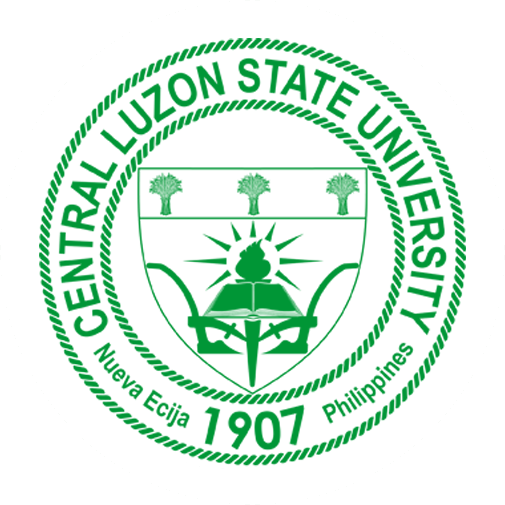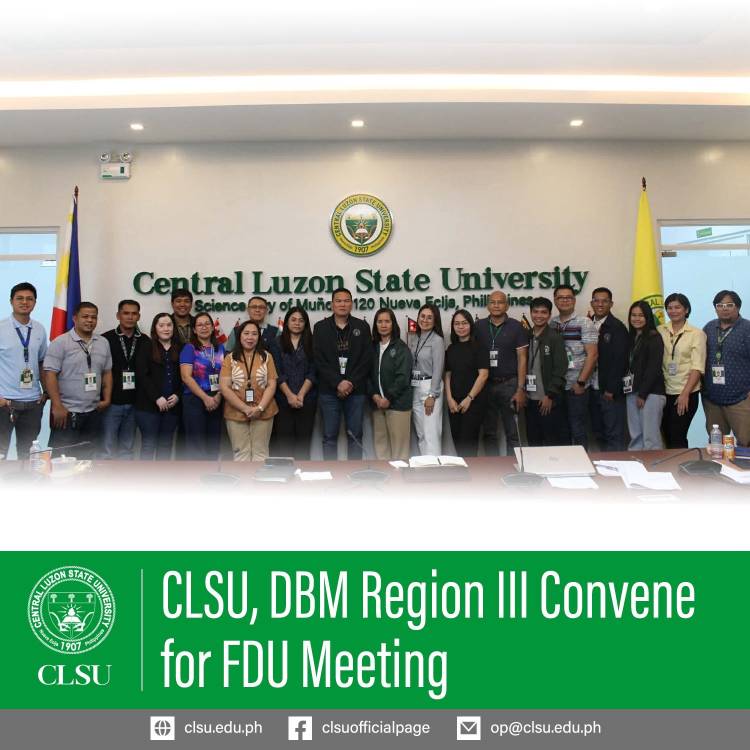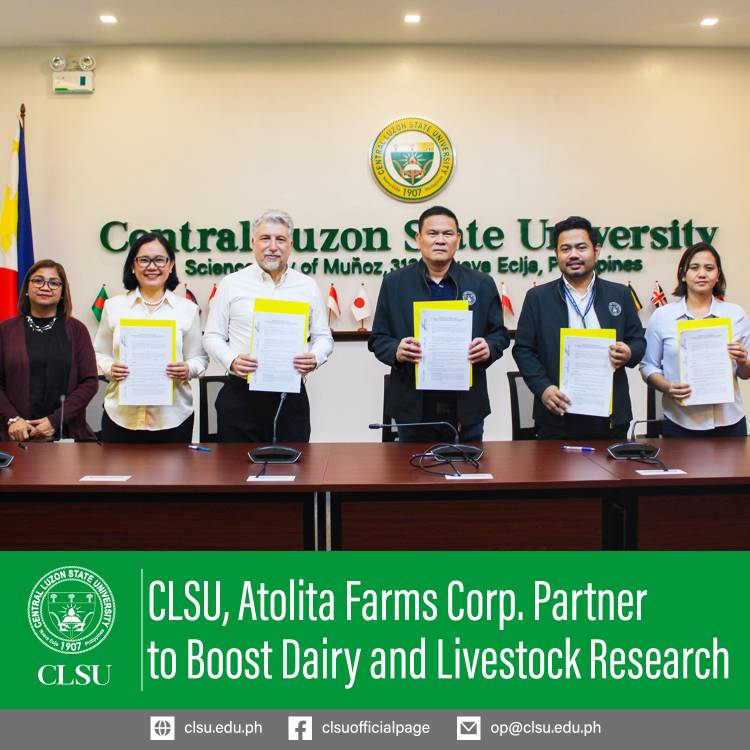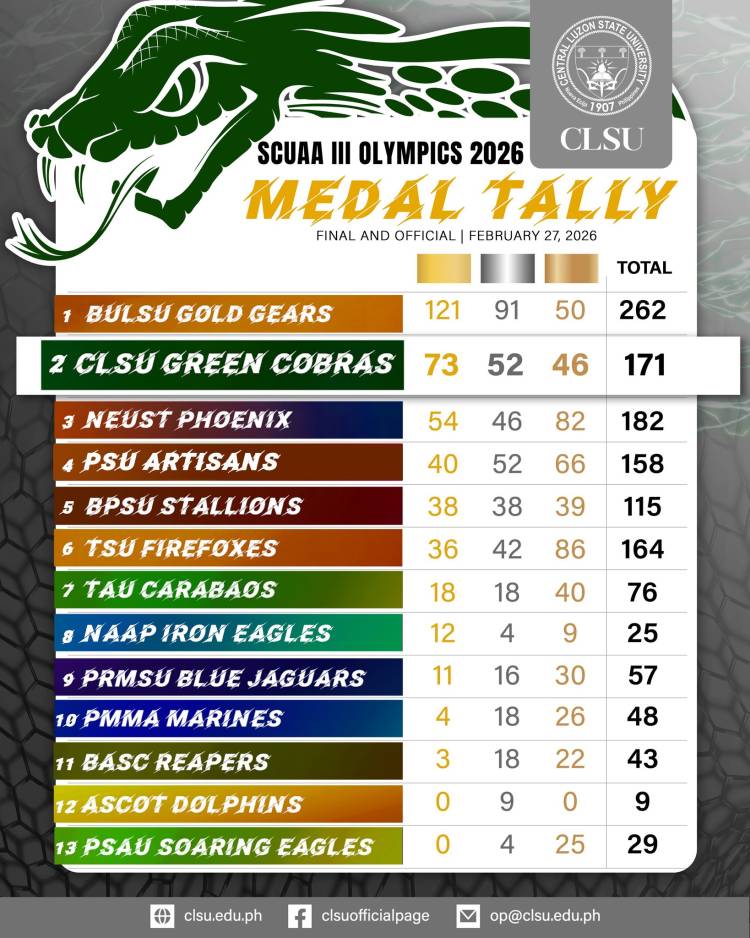The Central Luzon State University (CLSU) and the Tamagawa University in Japan held a virtual kick-off ceremony on November 18, 2021, to officially commence the five-year international collaborative project dubbed as “Development of Novel Disease Management Systems for Banana and Cacao.”
Funded through the Science and Technology Research Partnership for Sustainable Development Program (SATREPS) by the Japan Science and Technology Agency (JST) and Japan International Cooperation Agency (JICA), the project aims to develop and introduce a sustainable production system through eco-friendly high-performance technologies for disease surveillance, diagnosis, and smart agrobiodiversity management system from 2021 to 2025.
CLSU President Edgar A. Orden, in his speech, said that this initiative will support the university’s human resource development and R&D initiatives, technology dissemination, and the development of a framework that is essential for the country’s economy.
He added that “with this collaborative research project, we hope to generate new knowledge that will increase farm productivity and eventually contribute to the improvement of lives or the socioeconomic well-being of cacao and banana farmers.” President Orden also extends his gratitude to the Department of Agriculture (DA) through Secretary William D. Dar for the continuous support, to the JICA and JST for the assistance, and to the Tamagawa University and CLSU research team for joining the virtual event.
Meanwhile, President Yoshiaki Obara of Tamagawa University shared in his speech their excitement for this new research collaboration saying “we are looking for the researchers coming from the Philippines who will work with us and vice versa – our researchers coming to the Philippines, for the fruition of this collaboration.” While JICA Senior Representative, Ms. Ayumu Ohshima, extends their congratulatory message to CLSU and Tamagawa University highlighting that both universities are known for their several breakthrough agricultural researches in Southeast Asia.
“We at the Department of Agriculture highlight the importance of research to decide what technologies should be used to fight disease and increase production, and determine what represents our vital interests and what interests are only marginal,” said DA Secretary William D. Dar in his video message.
On the other hand, the principal investigators of the project namely Dr. Renato G. Reyes and Dr. Kyoko Watanabe from CLSU and Tamagawa University, respectively, introduced their respective research teams. Joining Dr. Reyes in the Philippine side are Dr. Orden, CLSU President and JCC Chairperson/Project Director, Dr. Danilo S. Vargas, CLSU Vice President for Administration and Deputy Project Director, Dr. Dionisio dG. Alvindia, Scientist 4 from DA, Mr. Glenn DC. Estrada, DA Assistant Chief for Field Programs Operational Planning Division, while all from CLSU are Dr. Jerwin R. Undan, Dr. Angeles M. de Leon, Mr. Rence Marrion M. Pineda, Ms. Perry Lorraine H. Duran-Canare, Dr. Rich Milton R. Dulay, Dr. Sofronio P. Kalaw, Dr. Garry Benico, Dr. Celynne O. Padilla, Dr. Parsons N. Hail, Dr. Cesar V. Ortinero, Dr. Gella Patria L. Abella, Mr. Jaypee de Guzman, Dr. Jay C. Santos, Ms. Carolyn G. Marzan, Dr. Matilde Melicent S. Recto, Dr. Melanie P. Tolentino, Dr. Rhodora I. Dela Rosa, Dr. Emil F. Ubaldo, Mr. Jerome O. Garcia, Mr. Almarc A. Marco, and Mr. Jeremy Barza. While Dr. Koji Ishikawa joins Dr.Watanabe in the Japanese team.
“We are sustaining the pages of the history of technical partnerships anchored on mutual trust, respect, and understanding,’’ said Dr. Reyes as he ramped up the value of collaboration between the two universities. He also thanked the Japanese government and partners for the opportunity as they look forward to having sustainable and productive partnership.
Moreover, the outline of the SATREPS Project was presented which was composed of the following activities: 1) Understanding the biodiversity of fungi isolation from banana and cacao fields; 2) Management system for banana Panama disease and Sigatoka disease; 3) Management system for cacao black pod disease and VSD diseases; and 4) Dissemination of developed technologies.
Capping off the event was a photo opportunity and launching of the project logo anchored on the concept ‘making disease control fashionable and optimistic.’








